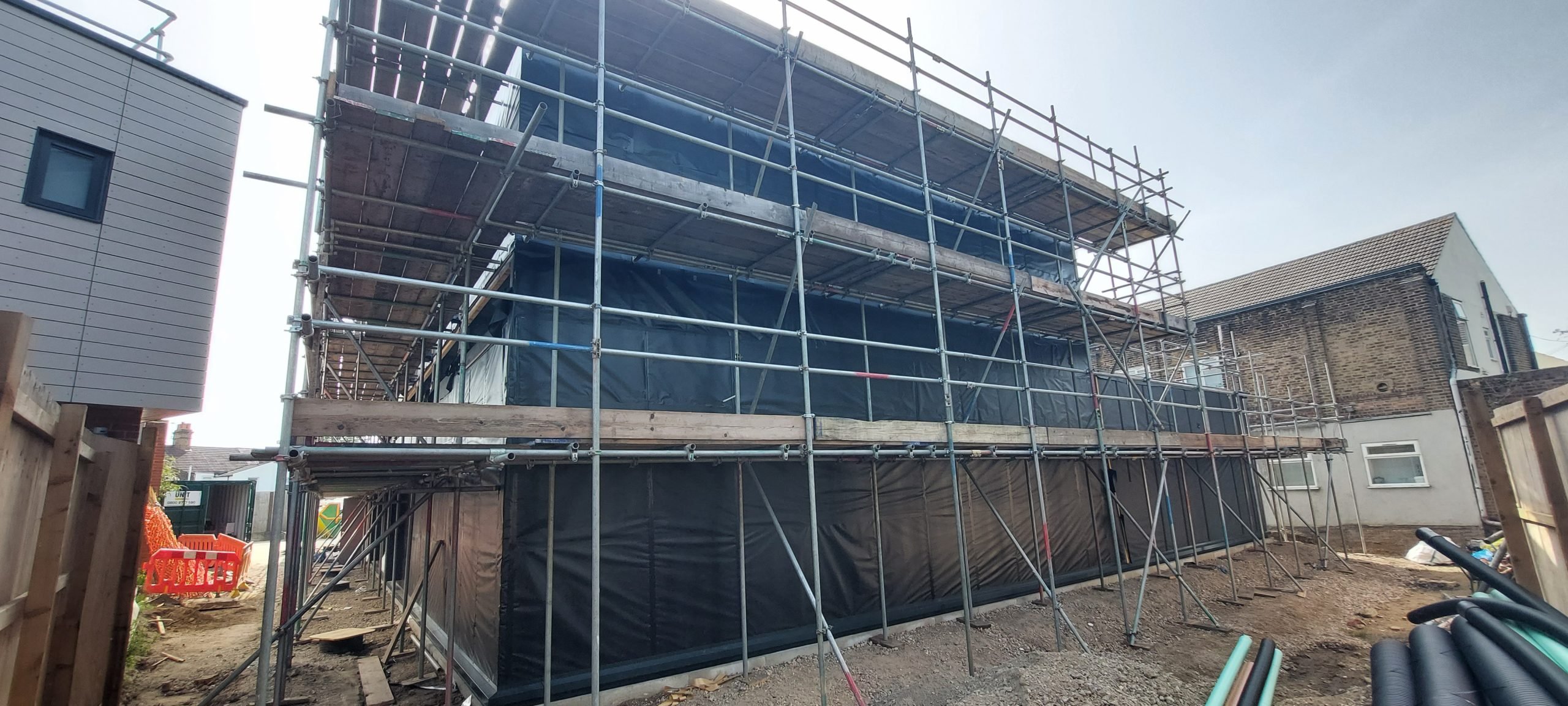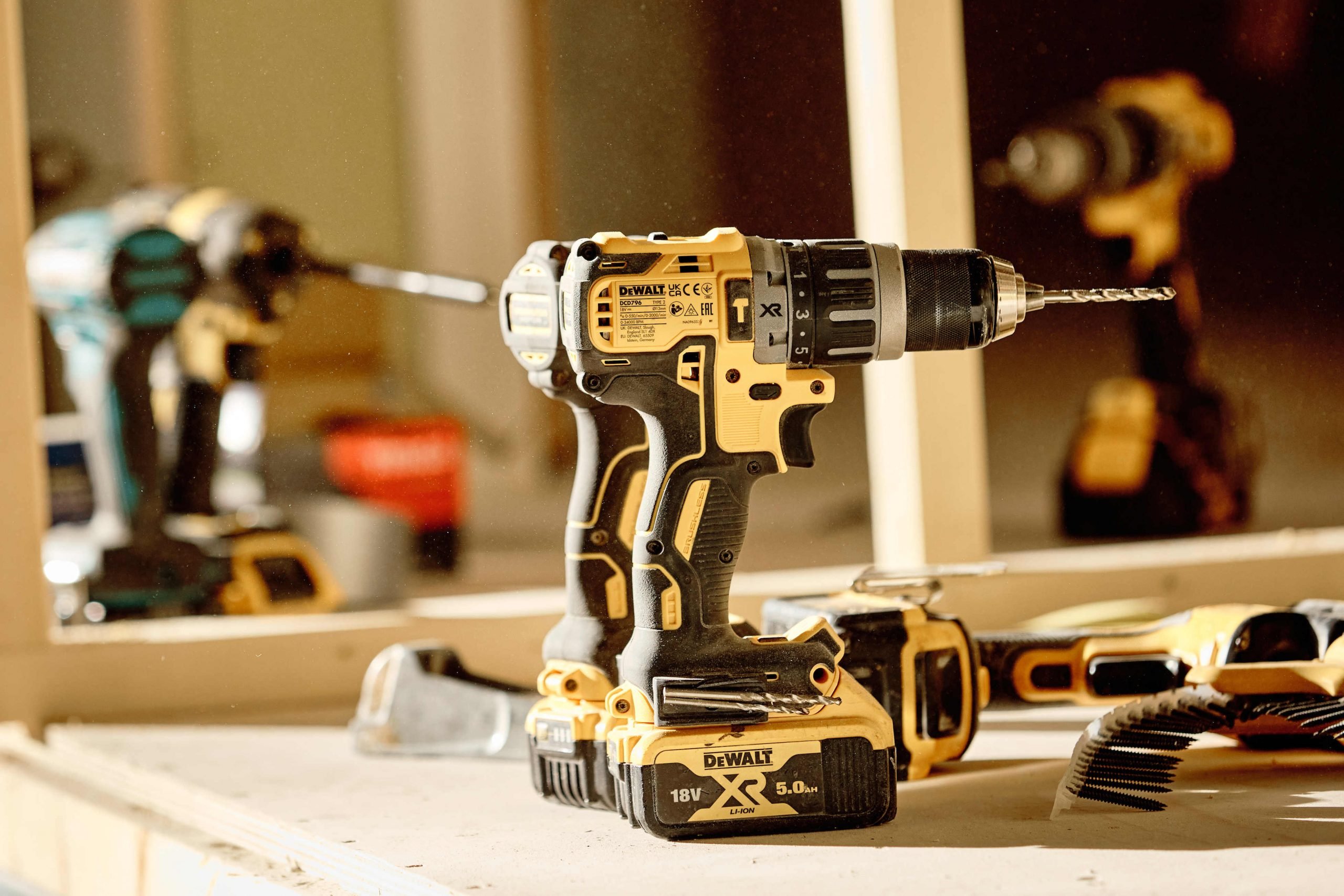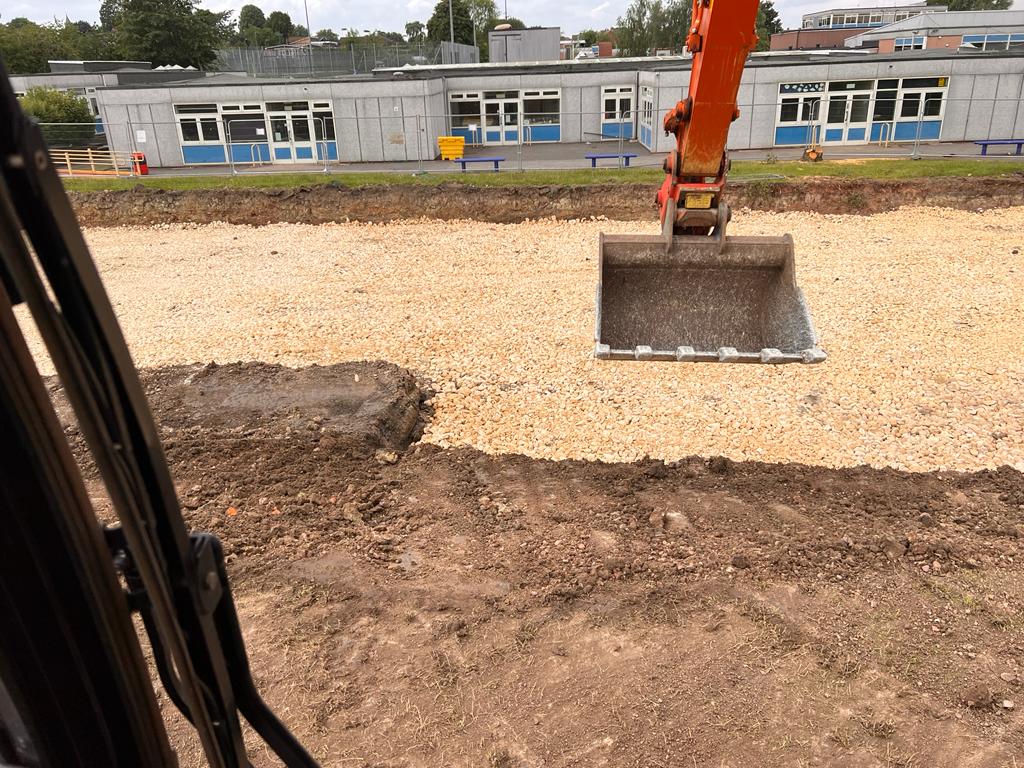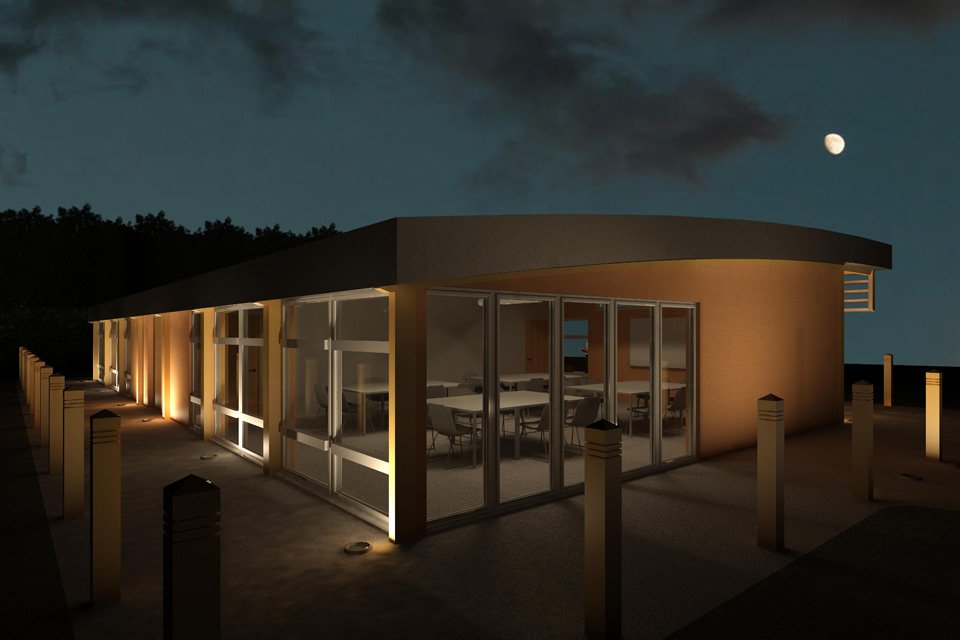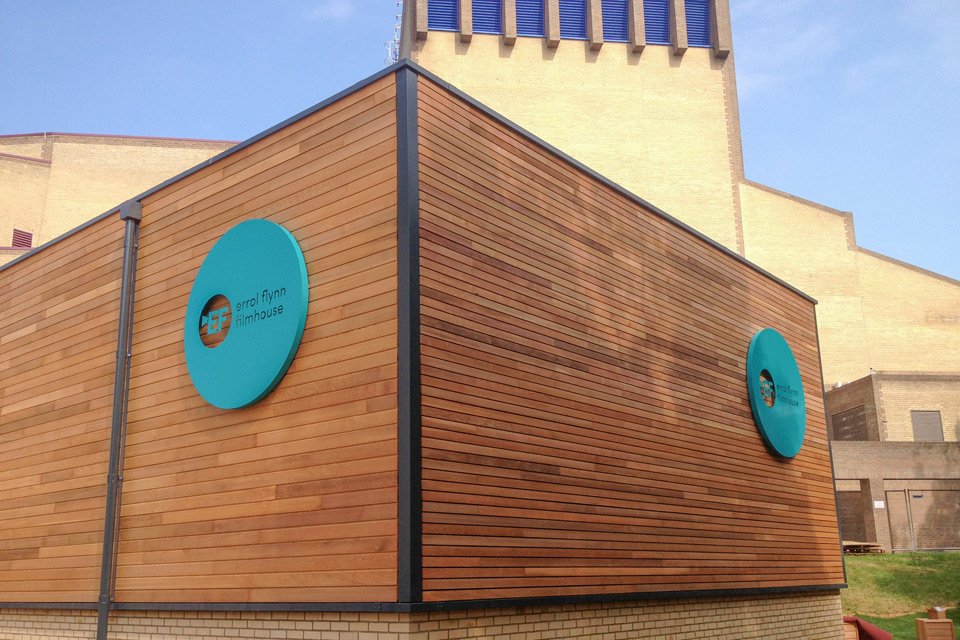
When companies expand there is often an urgent need to create additional space. However, while off-site construction methods have dominated the headlines for the past few years, commercial ventures have been slow to adopt this modern method of construction.
Whereas the education and health sectors – driven by a desire to keep costs, time on-site and disruption to a minimum – have chosen modular buildings, the office market has lagged behind. But where time is of the essence, and getting people at their desks as quickly as possible has a clear cost-benefit, modular construction for commercial buildings could be a perfect solution.
And with the Chancellor, Philip Hammond, stating in his 2017 Budget that UK government departments including the Ministry of Justice and the Ministry of Defence would favour modern methods of construction such as off-site manufacturing, is it time for the commercial sector to follow suit?
Why modular?
There are many benefits to choosing off-site construction for commercial projects, but the essential benefits are the same no matter the sector: speed; minimal disruption on-site and a uniform quality built-in from the design stage.
Once the design is agreed, off-site construction methods mean that a building can be ready to be installed on-site within weeks, ready to be connected to utilities and ready for use just a few weeks later. And with temporary modular units an option, off-site construction offers a cost-effective way for commercial schemes to increase their capacity.
The beauty of modular buildings is that they can be designed to suit any space, even those where access to the site is an issue. Working with an off-site construction specialist means that the building can be designed from scratch to suit the end users’ needs.
At Elite, we work with our clients – whether that’s architects, contractors or end-users – to ensure that the design of the building perfectly matches its purpose.
What’s more, the robust design processes ensure that costs are carefully controlled – an essential consideration in a sector that relies on securing the greatest possible rate of return.
Overcoming commercial challenges
While time is money for commercial property, keeping construction schedules to a minimum isn’t the only benefit that modular construction can offer.
For example, modular buildings often require shallower foundations than traditional structures, as the foundation load is distributed across the whole site. This is useful where there would be issues with sinking deep foundations, such as contamination.
We use BIM throughout the design stage to ensure that the building will achieve the required building regulation and performance standards. And while traditional build puts facilities managers and end-users as the mercy of subcontractors, manufacturing the modular building on the factory floor guarantees quality and reduces snagging dramatically.
Whether it’s a temporary extension or a brand new permanent scheme, we believe that the commercial sector should look to off-site construction as a cost-effective, high quality option for the future.
Why not contact us today?


